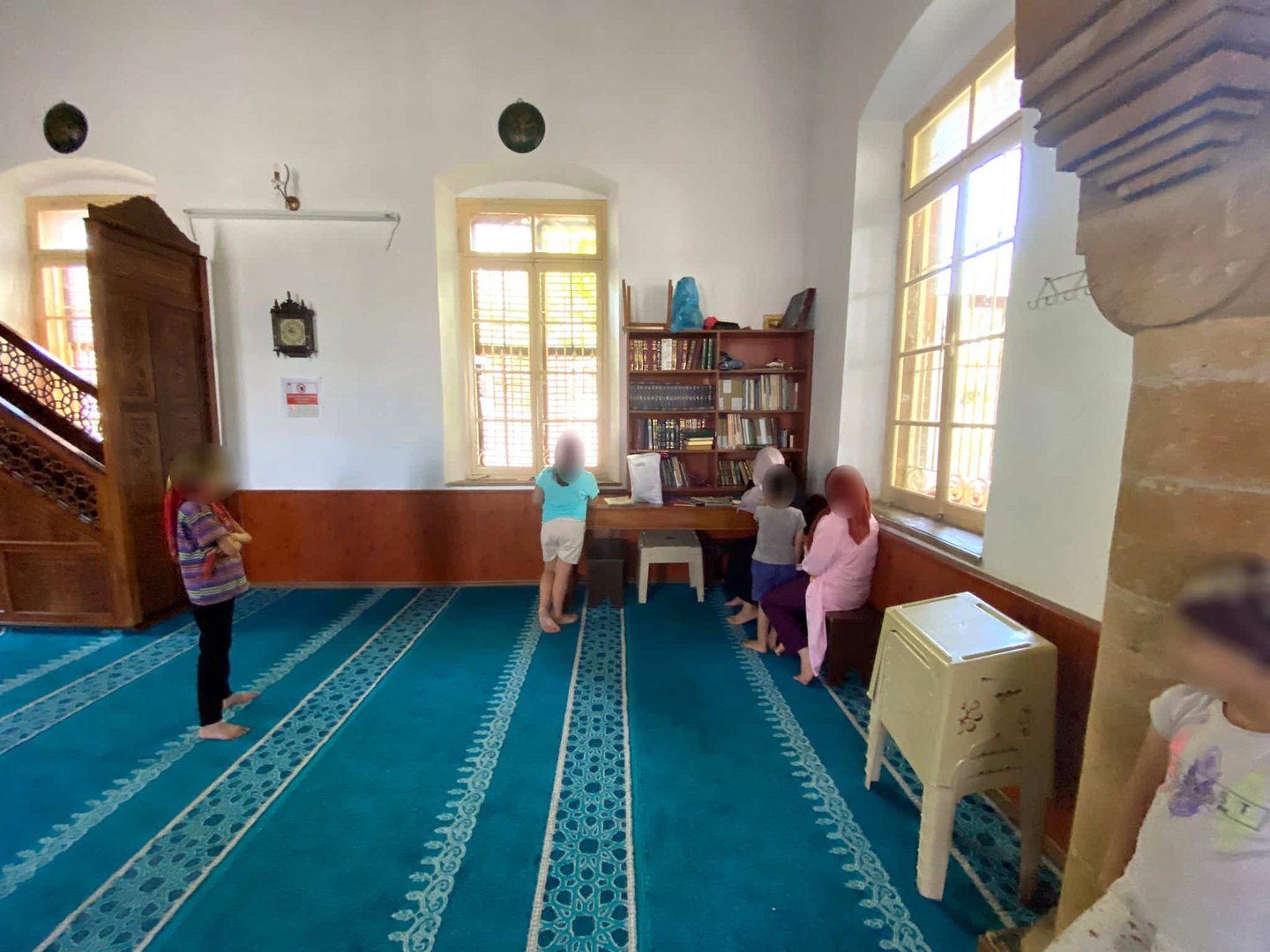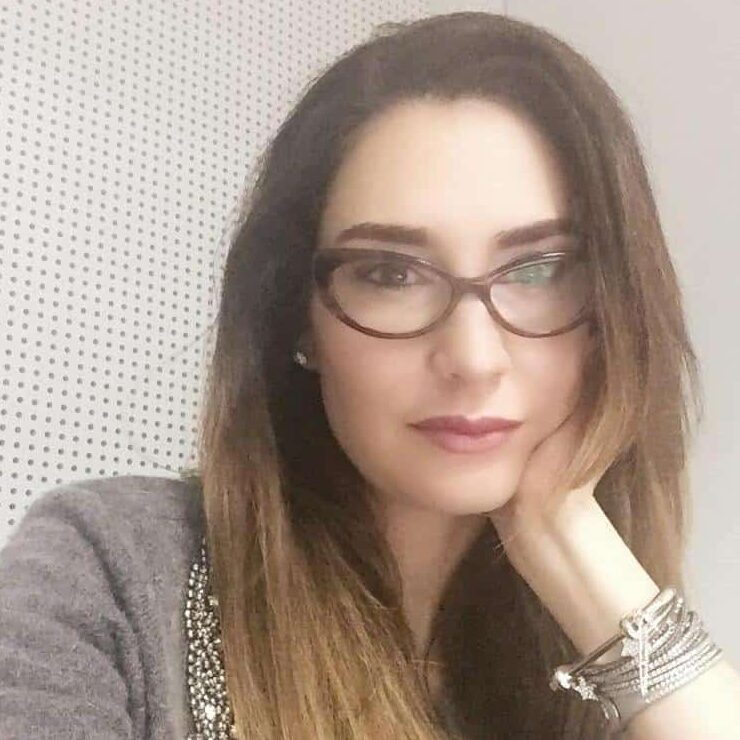Secularism under threat as summer courses for children offered in mosques
“Today, the tyranny of secularism [in the northern part of Cyprus] has matched the tyranny of Greek Cypriots. This secularist tyranny…must end now.”
These were the words of Ali Yıldız, the president of the Turkish trade union Diyanet-Sen, which represents employees of the Directorate of Religious Affairs in Turkey. Yıldız was reacting to the backlash in the secular and modern Turkish Cypriot community against Quran courses targeting minors in mosques during the summer.
Online Turkish Cypriot newspaper Bugun Kıbrıs revealed that the Turkish Cypriot education authorities had given permission for children to be taught the Quran by imams in mosques during the summer break.
In recent years, Quran courses were being offered illegally in mosques by imams without the permission of the Turkish Cypriot education department, which feared the reaction of the Turkish Cypriot community. Police occasionally raided these courses. As revealed by Bugun Kıbrıs, the Turkish Cypriot education department now seems to have bent under the pressure, and on July 3 gave official permission for Quran courses for children at mosques.
In 2021, the Turkish Cypriot constitutional court had ruled that Quran courses cannot be organised without the permission, supervision and control of the Turkish Cypriot education department, drawing the fury of Turkish President Recep Tayyip Erdogan.
“We will never tolerate steps that impede the Quran education of our children in northern Cyprus,” Erdogan had responded and urged the Turkish Cypriots to fully adopt Turkey’s practices on religious education.
“The notion of secularism is not what they imagine it to be and northern Cyprus is not France,” he had asserted.
The Bugun Kıbrıs newspaper ran photos of young boys and head-scarved girls attending these courses, where they are offered fruit juices, ice cream and other sweets. It also reported that the imams could, every now and then, be heard shouting at the children.
The courses are especially appealing to lower-income families, who need to go to work and do not want to leave their children alone at home during the summer months.
The Turkish Cypriot ruling coalition and the education department was under heavy criticism from the media, civil society organisations, opinion leaders and some politicians for giving permission for the Quran courses.
“The education ministry is committing a crime by allowing minors to be taught by imams with no pedagogical formation, who deceive and brainwash them with ice cream,” stated Selma Eylem, head of the Cyprus Turkish Secondary School Teachers Union Ktoeos.
Calling this an attempt to make Quran courses a part of formal education, Eylem added that these courses are part of the social engineering being carried out by Erdogan’s Justice and Development Party AKP.
While most Turkish Cypriots consider themselves Sunni Muslims, they practise a very peaceful and moderate version of Islam in contrast with the Turks of Turkey. Among the most liberal Muslims globally, Turkish Cypriots are not influenced by organised religion, rarely attend mosques, and adhere to a very strict form of secularism. The Turkish Cypriot constitution safeguards secularism in the northern part of Cyprus.
Mine Atli, head of the Social Democracy Party TDP, agrees that the Quran courses at mosques are part of the efforts of Ankara to change the secular characteristic of the Turkish Cypriot community.
“All this is being done under the name of ‘freedom of religion,’ but these courses are completely based on Sunni Islam,” says Atlı. “We will not remain silent in the face of this crime committed against our children. We will not let our country drown in the darkness of AKP.”
“Education should be given at schools by teachers,” the main opposition Republican Turkish Party CTP said in a written statement. “We are against reactionary impositions and illegal practices aimed at social engineering.”
In recent years there is an undeniable Islamisation in the northern part of Cyprus with the Turkish government providing significant support to Sunni Islamic activities here. Consequent economic protocols signed between the Turkish Cypriot administration and Ankara introduce conditions that constantly aim to consolidate the role of Islam in Turkish Cypriot society from strengthening the religious affairs department, to organising religious youth camps to building more theology schools, religious complexes, tekkes and shrines.
The backlash in the Turkish Cypriot community against the Quran courses grew even bigger with the statements of Diyanet-Sen president Yıldız from Turkey, who continued:
“49 years ago, the Turkish army risked their own lives and protected… our [Turkish] Cypriot brothers from the Greek invasion and the Greek Cypriot tyranny… Now a group in the northern part of Cyprus, which characterises itself as secular, and which has a mentality parallel to that of Greeks, is trying to eliminate all religious beliefs and values from public space, including education. What needs to be fought against is this mentality. Not those, who teach and study our glorious book Quran.”
A few days later another provincial head of Diyanet-Sen, Mehmet Akif Gerboga added flames to the fire by stating:
“The tyranny of this group, which is an enemy of Islam…is the same as the tyranny of Greek Cypriots. The tyranny of this group, which poses as secular, should end… We believe that the Turkish Cypriot people deserve neither the tyranny of Greeks nor this group, which has no national or moral values.”
Underlining that secularism is not only safeguarded in the Turkish Cypriot constitution but also the Turkish constitution since 1937, former ombudswoman and retired judge Emine Dizdarlı, said no one has the right to meddle with and attack the Turkish Cypriot way of life.
“Secularism is not tyranny, it is civilisation,” asserted Kudret Ozersay, head of the People’s Party HP, on his social media account. “It is the safeguard of all freedoms, and mainly freedom of religion and faith. Nobody has the right to present the secularism of Turkish Cypriots as blasphemousness.”
Burak Mavis, secretary general of the Cyprus Turkish Teachers Union Ktos, during a press conference last week, said small children are being subjected to religious exploitation at the Quran courses and defined these as part of efforts to institutionalise sharia law.
Cyprus Turkish Civil Servants Trade Union Ktams head Guven Bengihan agreed:
“Recently there are attacks against the Turkish Cypriot secular way of life. There are planned efforts to establish an anti-secular system here.”
“Religious culture and moral knowledge” classes, which basically consists of teaching Sunni Islam became a compulsory subject in Turkish Cypriot schools in 2009, with most teachers coming from Turkey. In 2012 the Hala Sultan theology college was inaugurated. Currently there are plans to establish a second theology college in Famagusta. Turkish financial support has been instrumental in these activities, funnelled via the assistance office at the Turkish embassy in Nicosia.
Many Turkish Cypriots feel threatened by the Islamic hegemony culminating in more and larger mosques, Quran courses, plans to establish more theological schools, more conservative imams and religion teachers coming from Turkey, the mushrooming religious cults and sects, and attempts to change the Turkish Cypriot education system.







Click here to change your cookie preferences